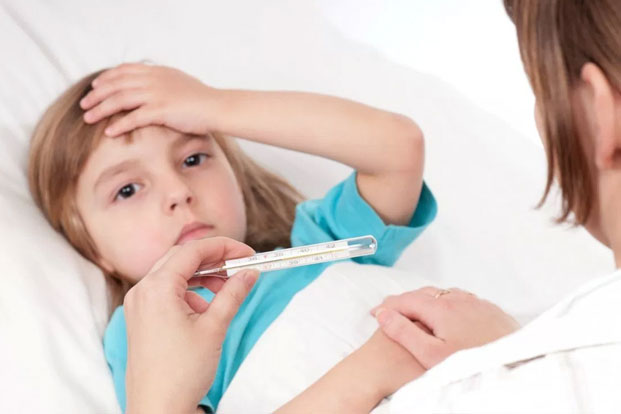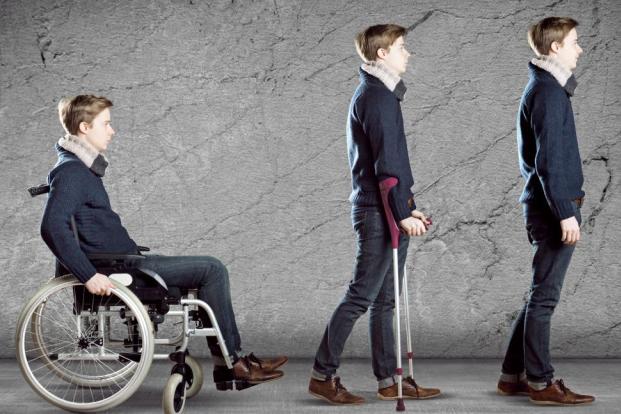Categories
- Bariatric Surgery (11)
- Black Fungus (5)
- Bone Marrow transplant (3)
- Brain Tumor Surgery Navigation Technology (20)
- Cardiac Surgery (66)
- Cardiology (97)
- Computer navigation technology for joint replacements (20)
- Covid Vaccination (17)
- Critical Care (2)
- Dental (19)
- Dermatology (31)
- Dialysis Support Group - “UTSAAH” (11)
- Dietitian (33)
- Emergency Medicine (4)
- Emotional Health (11)
- Endocrinology (33)
- ENT (20)
- Gastroenterology and GI Surgery (53)
- General and Laparoscopic Surgery (21)
- General Surgery (4)
- Gynecology & Obstetrics (183)
- Hematology (20)
- Internal Medicine (294)
- Kidney Transplant (50)
- Kidney Transplantation (20)
- Lung Cancer (8)
- Minimal Invasive Surgery (1)
- Mother & Child (20)
- mucormycosis (5)
- Nephrology (61)
- Neurology (147)
- Neurosurgery (68)
- Nutrition and Dietetics (107)
- Omicron Variant (1)
- Oncology (288)
- Ophthalmology (10)
- Orthopaedics & Joint Replacement (86)
- Paediatrics (59)
- Pediatric Nephrology (3)
- Physiotherapy (5)
- Plastic & Reconstructive Surgery (6)
- Psychiatry and Psychology (90)
- Psychologist (28)
- Pulmonology (72)
- Rheumatology (13)
- Spine Services (21)
- Transradial Angioplasty (16)
- Urology (84)
Query Form
Posted on Apr 19, 2022
What Are the Symptoms of Malaria?
Malaria is a serious and sometimes life threatening disease that is transmitted to us by mosquitoes. Almost 4 lakh people in are killed by malaria all over the world yearly. The main symptom of malaria is fever.
Typical Malaria Signs and Symptoms:

- The fever of malaria is usually associated with chills and shivers. Patient may experience excessive chills and may need blankets.
- Patients may also suffer from high body temperatures.
- High fever is usually followed by sweating. Thus malaria has cold stage, hot stage and sweating stage.
- Fever is usually associated with headache which may persists for hours .Severe body ache is also a feature of malaria.
- Fever of malaria is of intermittent type usually. The symptoms usually persist for 6 to 12 hours.
- The intermittent fever may come daily, on alternate days or after a gap of two days. This depends as per type of malaria parasites.
- Malaria symptoms appears is patient 3-10 days after being bitten by an infected mosquitoes.
- Falciparum type of malaria is more serious .Malaria attack is also associated with nausea and vomiting. Severe vomiting may cause bleeding from mouth.
Other complications associated with Malaria:
- Cough is also associated with malaria sometimes. Cough is usually dry and irritating.
- Malaria may also present as diarrhea that is frequent loose motions.
- Sometime malaria can affect the lungs which may present itself as respiratory distress-leading to increased respiratory rate and difficulty in breathing. Sometimes the malaria parasite can case over production of the red blood cells leading to blood is urine and kidney failure may supervene.
- Malaria may affect the brain and this type is called cerebral malaria.
- In this type fever is associated with confusion, convulsion, paralysis, coma and death.
- Malaria may present as jaundice. Hence due to the complications, the eyes and urine can become yellow.
- Symptoms of malaria in children may be non-specific and leads to delay in diagnosis.
Sometimes is chronic malaria patients may present with enlarged spleen which causes the bulge is abdomen on the left side. Injury to the abdomen in such cases may lead to rupture of spleen and immediate death.



